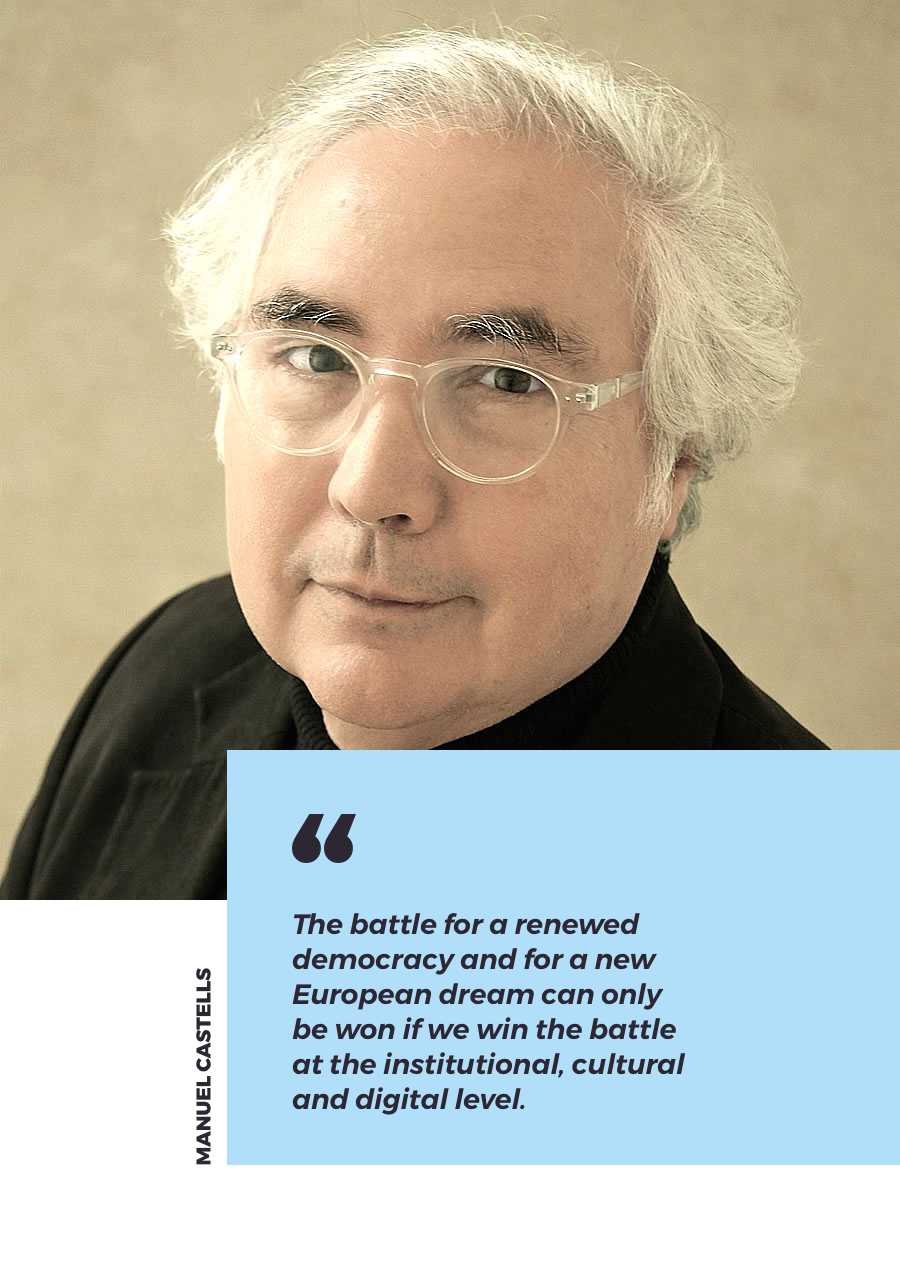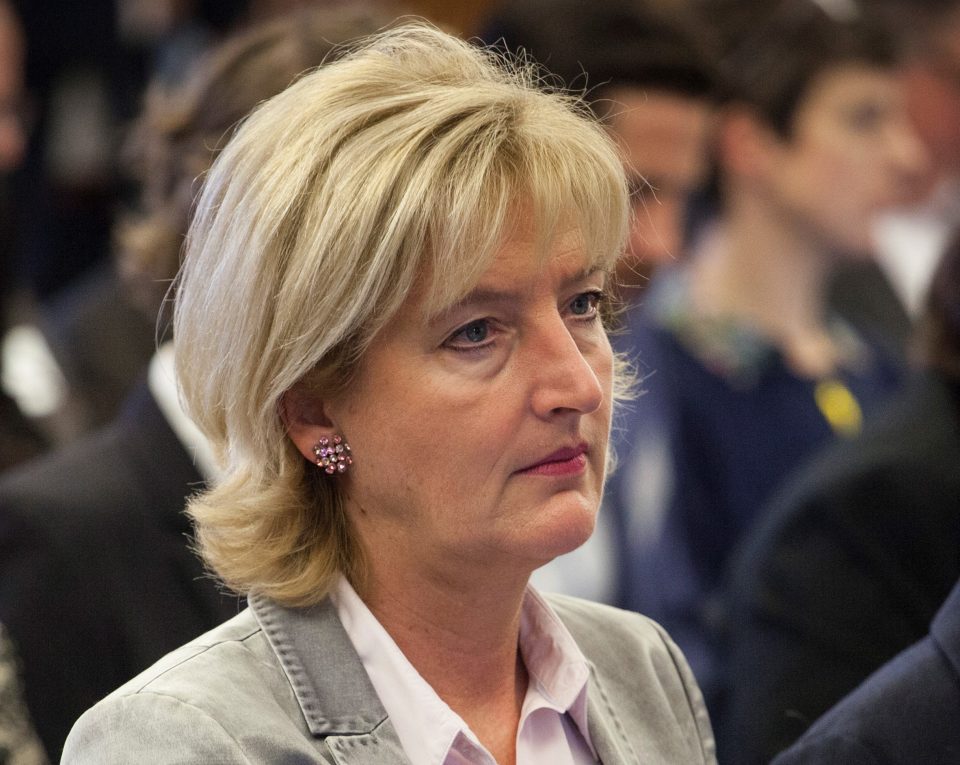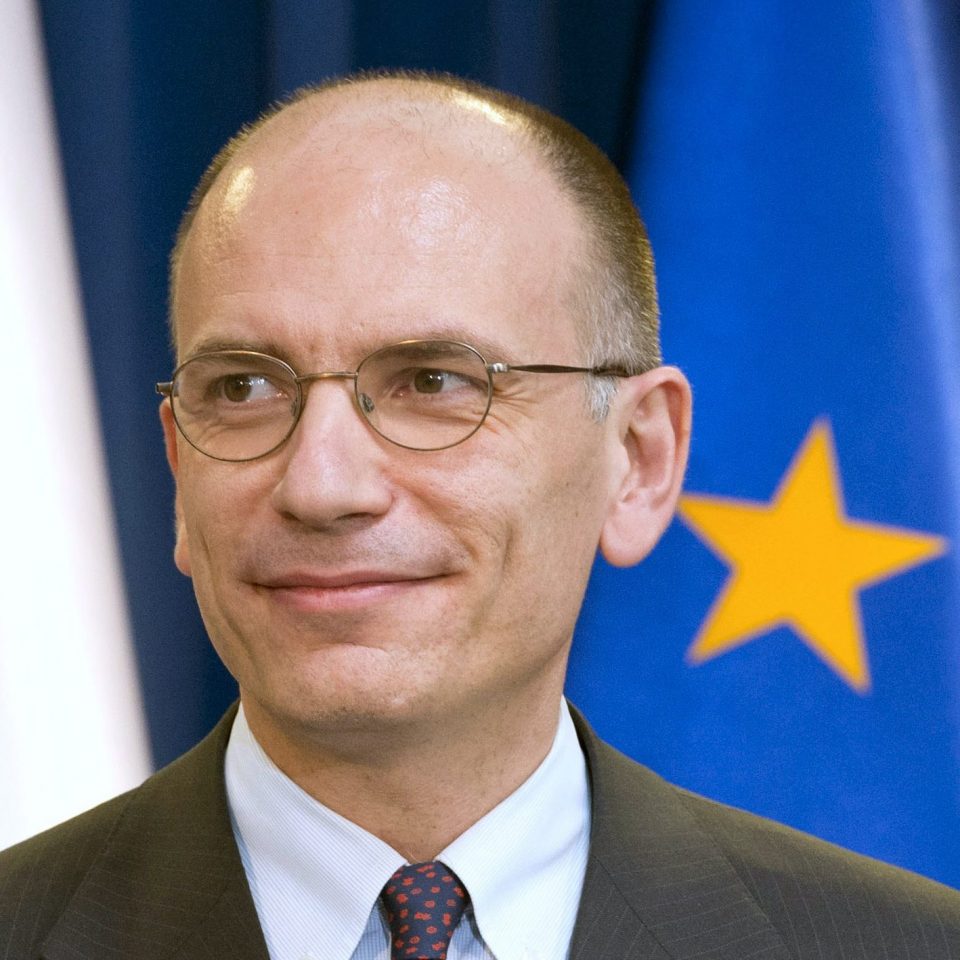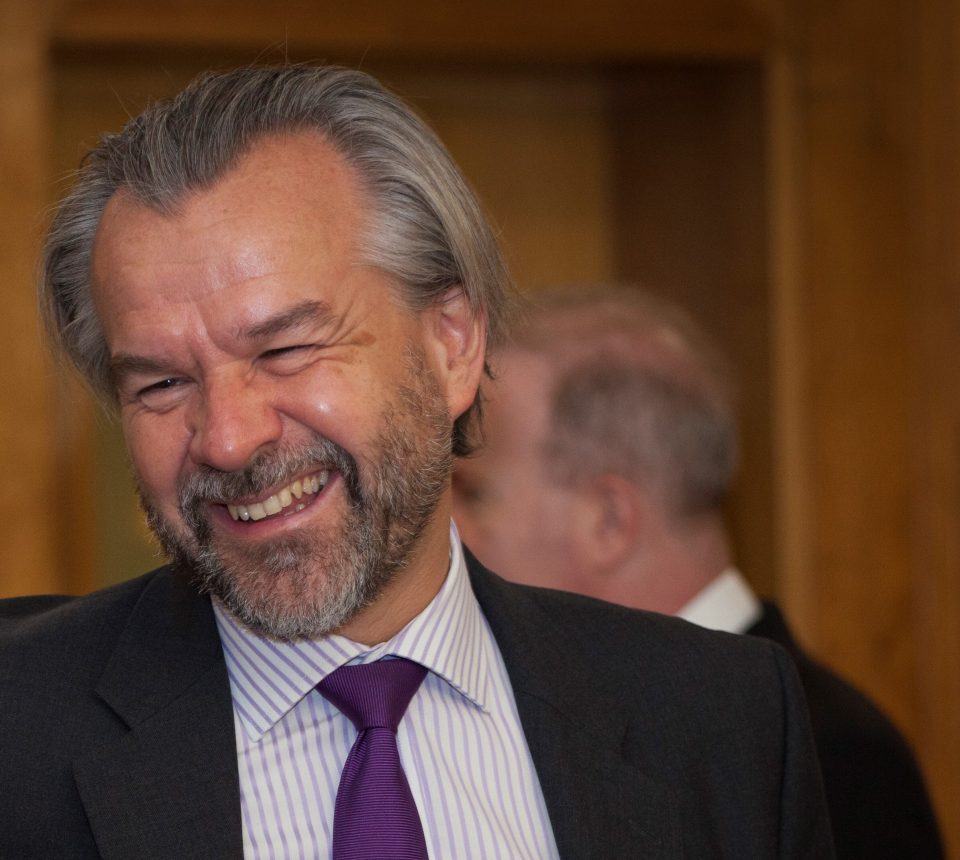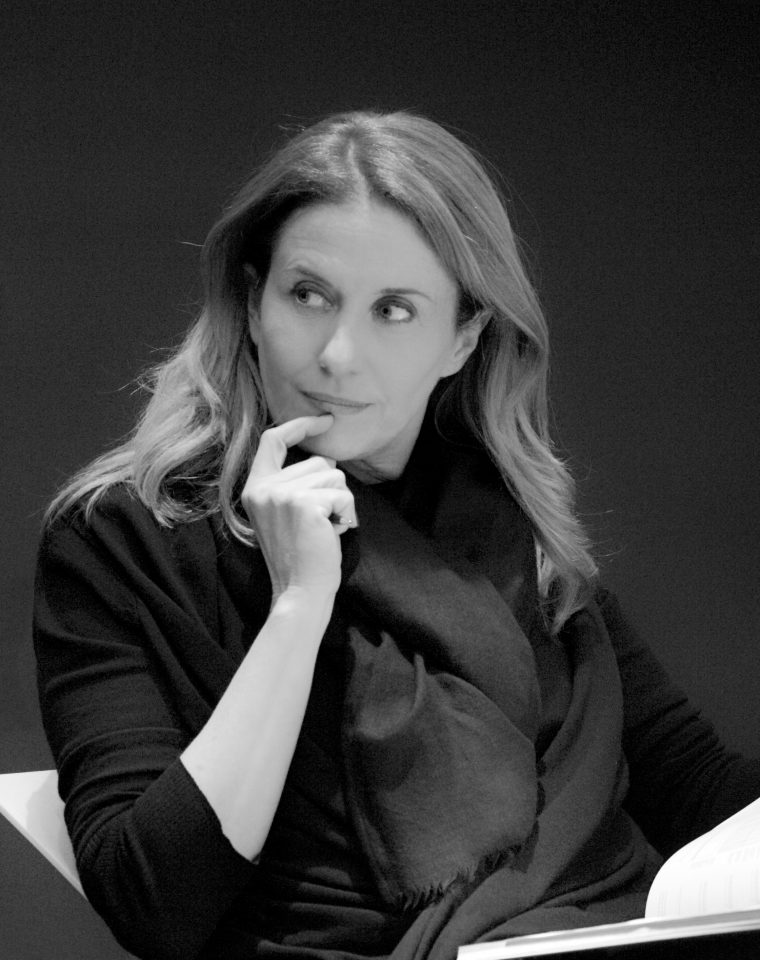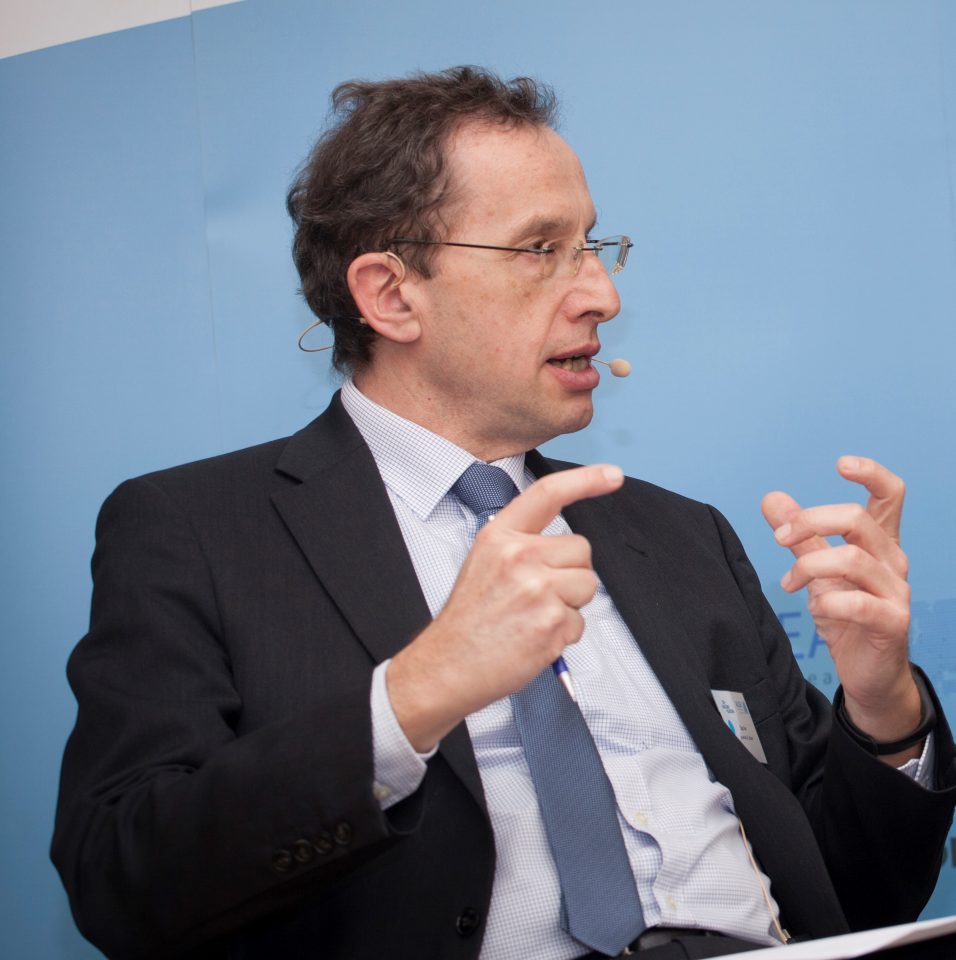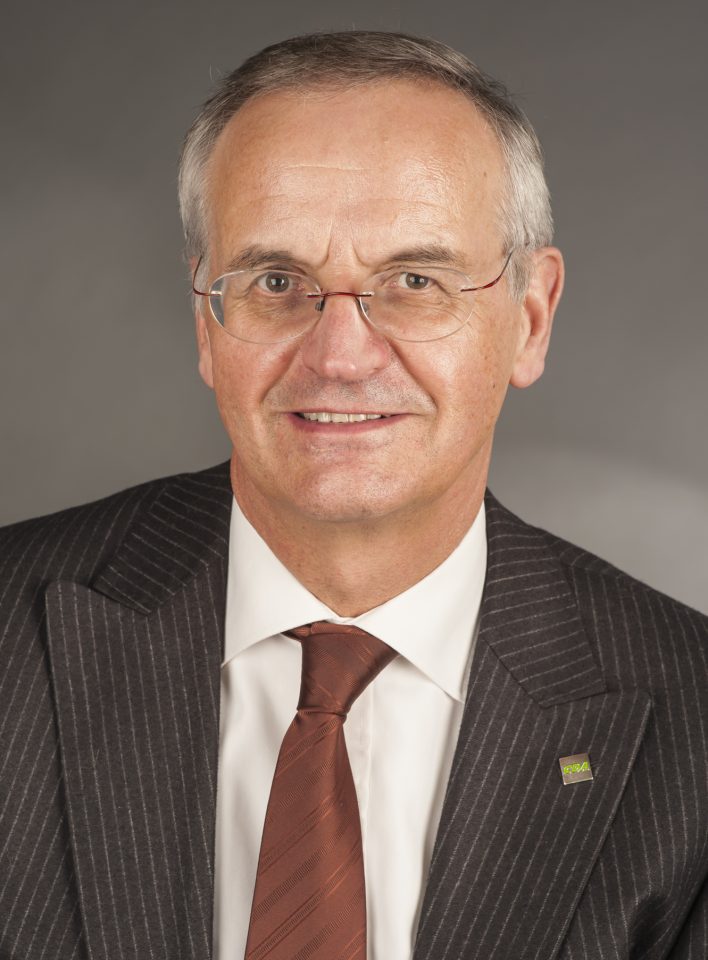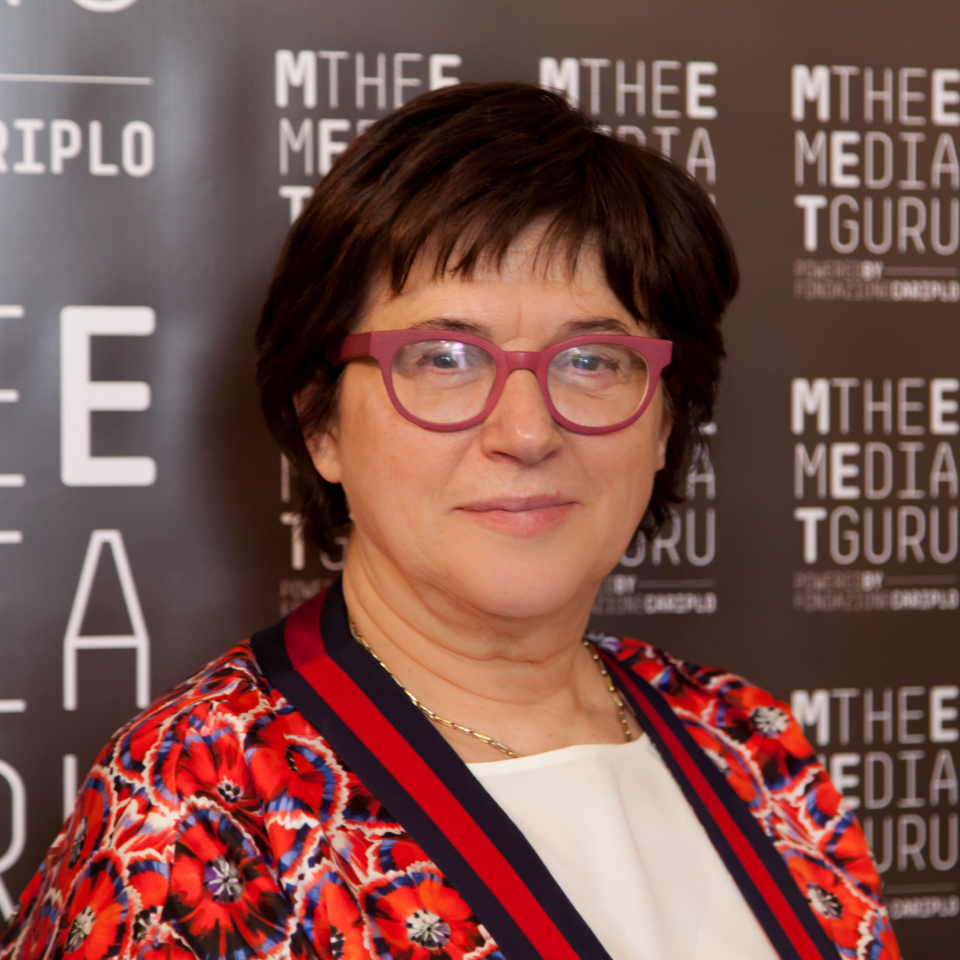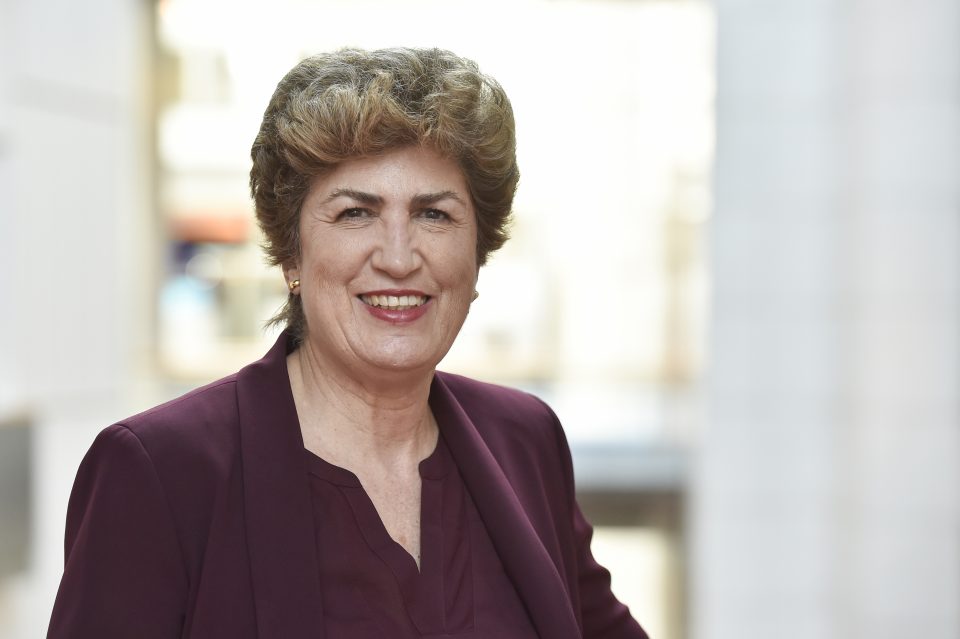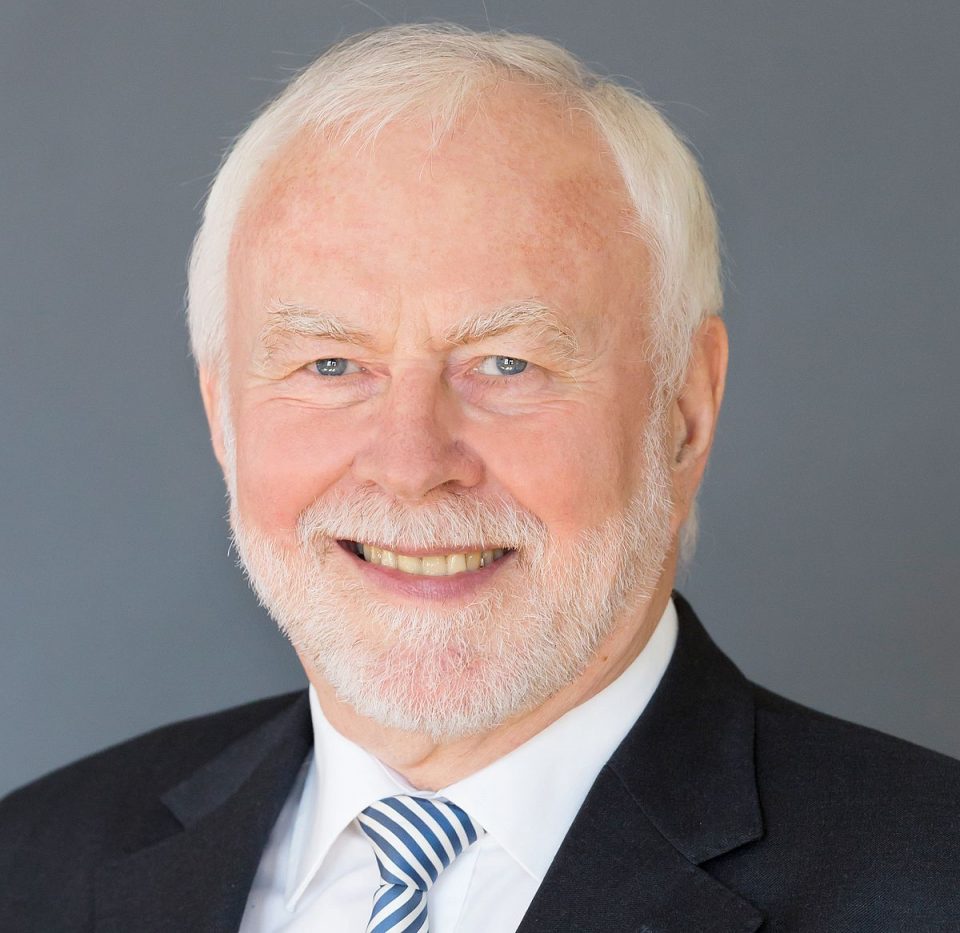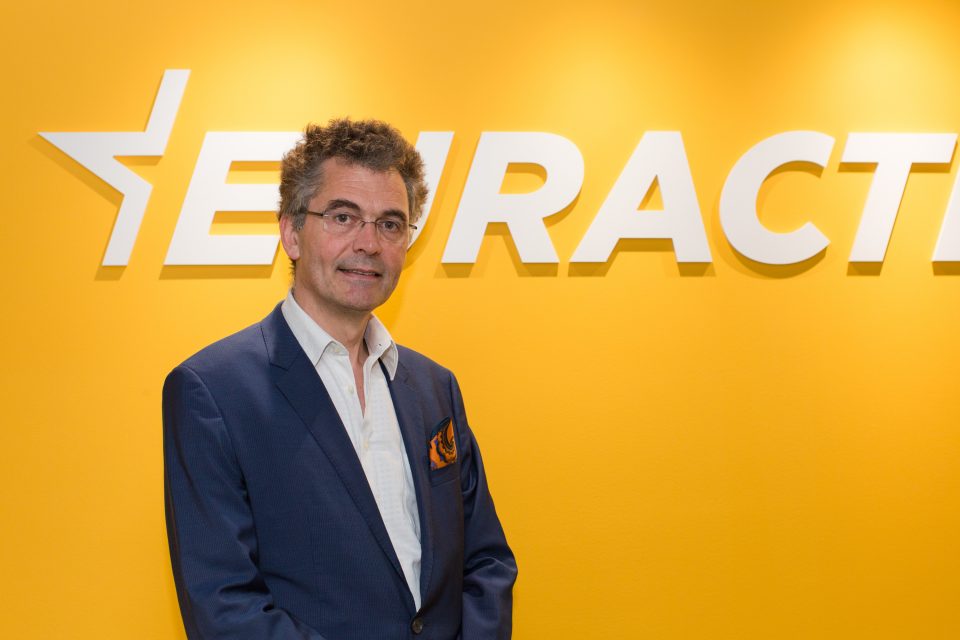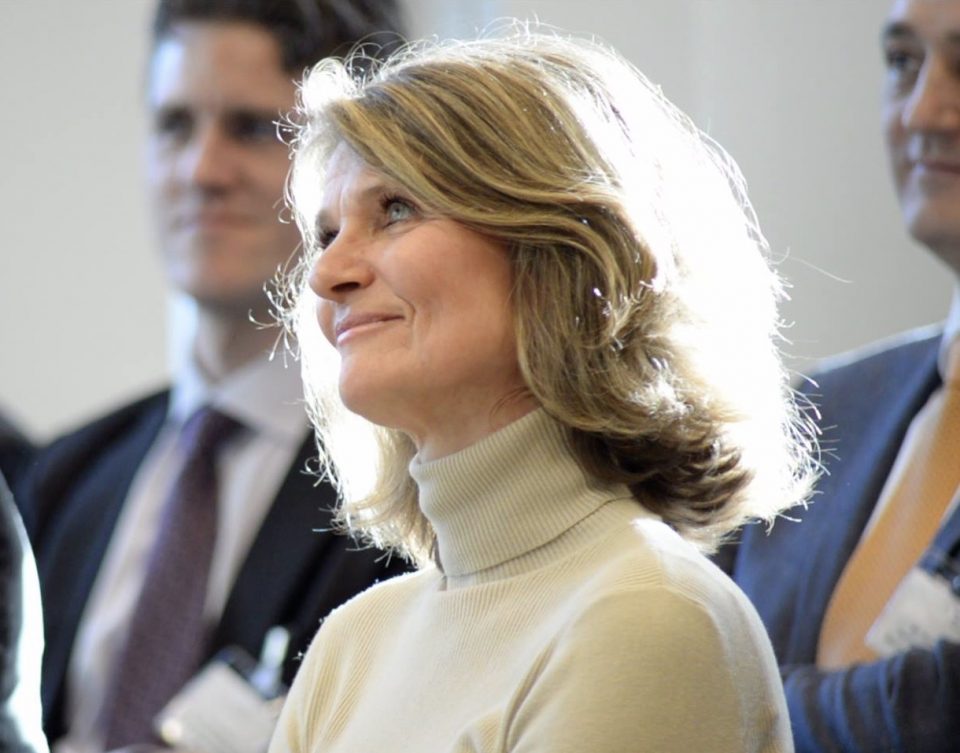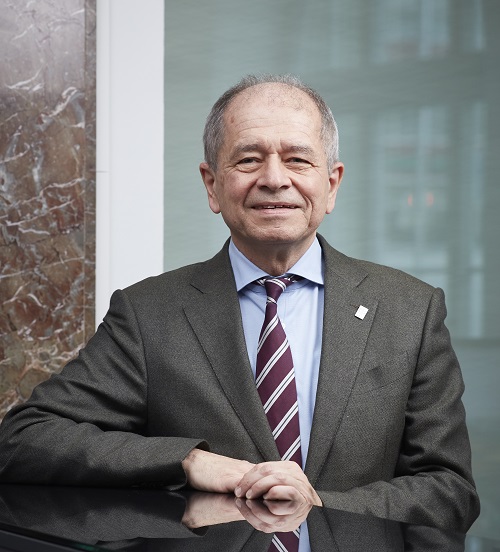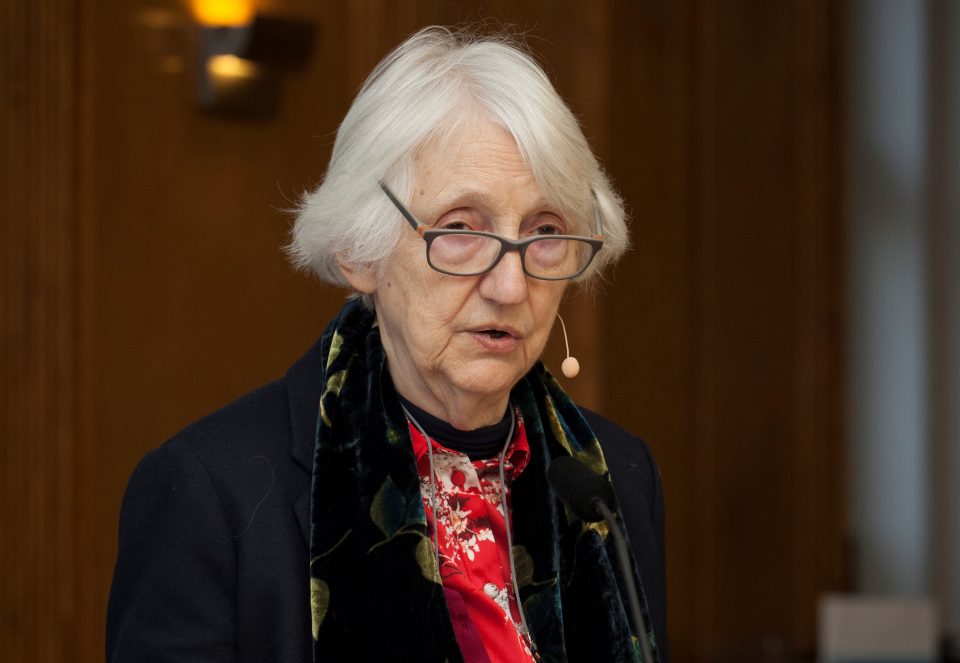Re-Imagine DEMOCRACY
Democracy in a Digital Society
The communication ecosystem is central to a well-functioning society. Its influence in shaping minds – and thus reality – has been emphasised by its enormous impact on recent political events, underlining the fact that the control and ownership of the internet is one of the most important battles of our time. Therefore, we have launched a Task Force on “Democracy in a Digital Society”, chaired by Professor Manuel Castells, to develop a “Roadmap for a New Model of the Digital Information Ecosystem”, rethinking our disrupted media landscape, including both social and traditional media, so that they reflect the traditional European values of democracy and freedom.
Just as writing, and then printing, revolutionized the way societies communicated and organized in their time, so digital technologies are affecting our time. Today we are living in the midst of a revolution in communication technologies that affect the way people feel, think, and behave. The arrival of digital technologies changed the world. Fundamental concepts such as space and time shifted meaning, making it possible to communicate instantly across the globe and act in many places at once. At first, these powerful technologies were only seen as progress as industry after industry transformed. Recently, this digital optimism has been gradually giving place to dystopian visions of total surveillance, growing inequality and massive unemployment. The COVID-19 pandemic will certainly exacerbate the overwhelming sense of fear and inequality.
We are still far from having a full understanding of the dynamics through which information spreads across digital media. Social media have changed the way we access, produce and share information, transforming traditional mass-media into a system of intertwined horizontal communication networks. The imagined free, equal worldwide network, promised at the dawn of the internet and social media age, has become a software-based cybersphere, driven by economic and geopolitical interests. This fact has significantly altered how content is conveyed and spread, exposing the media system to distortions and manipulations whose origin is often difficult to ascertain.
TASK FORCE
We think our generation has the major responsibility to shape policies and rules to manage the change that digital technologies will bring to our social system. The decisions we will take in the coming years will be crucial in defining how the digital media ecosystem develops and what the future of democracy will look like. Remembering the words of Winston Churchill: “We shape our buildings; thereafter they shape us”, are we capable of creating a European model for the digital world in line with the European values of human dignity, freedom, democracy, equality, human rights and peace?
Follow all the latest updates on the Task Force’s activities and events on the Democracy home page and our social media channels (Twitter, LinkedIn).
